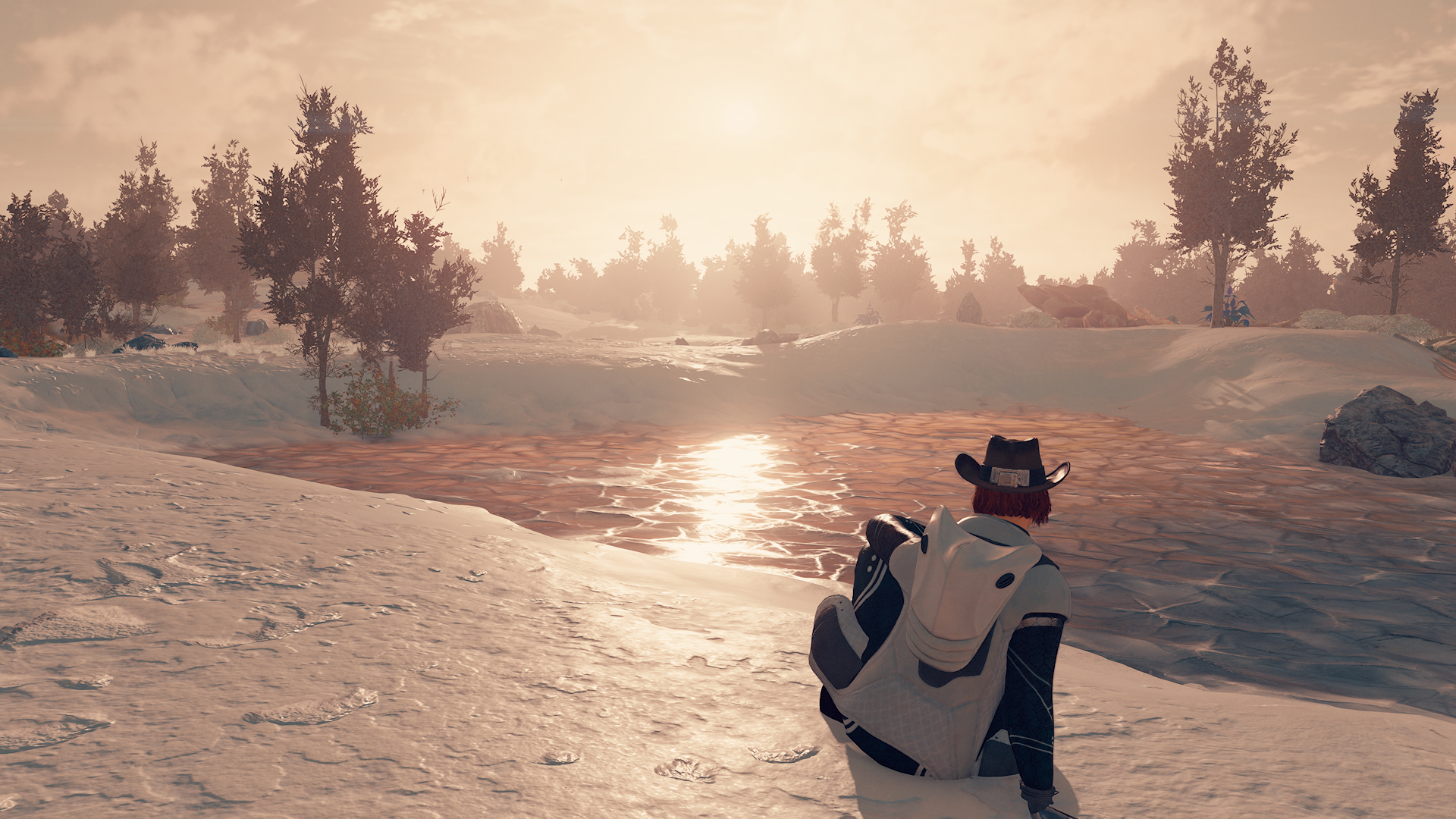The Need for Stillness in Action
You never know what Nothing might bring

Isn't it a great time to be alive? We have all the world's information at our fingertips, made even more accessible by AI. With this amount of content, it is quite easy to find ourselves engaged constantly for a better part of the day. So much so that we always have something to fiddle with when we have some semblance of being bored.
There is the constant urge to keep the music running, the video playing, the social media scrolling, the content streaming all the time. This level of engagement allows us to continuously gain new information. We find ourselves chase the next bit of action with a greed for more, the eagerness to learn something new, and the fear of being left behind from catching up with the trending.
We are shackled by the need to move and yet, something seems off. The toughest thing to do is to stay still.
But why even stay still?
We are always learning something new, right?
"True learning requires action and stillness in equal parts."
When we stay still, we allow our mind to get bored and wander. It's when our brain starts collating information and making connections. Haven't we all found ourselves have that one moment on the toilet where we suddenly find an idea, a solution to the problem that has been pestering us? Or when we are on a walk or cycling allowing our mind to wander? Or often when the autopilot in our mind takes over on a long drive? This is, of course, true for a time when we did not allow our phones or other technology to invade that space.
Manoush Zomorodi actually frames it nicely in her TED talk, where she highlights the importance of being bored. She says that boredom activates the brain's "default mode", leading to daydreaming and subconscious thinking, fostering creative connections and problem-solving. On the other hand, the constant shift of attention, often seen in our multitasking and frequent technology use, depletes neural resources, even though we feel we are being productive.
Manoush Zomorodi's full talk: http://t.ted.com/AeQx7fR
Her solution to our frequent need for engagement and to be distracted from the hard work is simply: take a break, stare out the window and know that by doing nothing we are actually being our most productive and creative self. The Italians have a beautiful word for it dolce far niente, the sweetness of doing nothing.
Dolce far niente
Simply put, dolce far niente is the idea of finding joy and pleasure in the simple act of relaxation. It is understanding that, sometimes in life, all you need is simple things like idling and you will find all the satisfaction and contentment. These moments of stillness can contribute positively to our well-being and often help us figure out a way forward. At the very least, we get some of a much deserved rest.
I think no one said it better than Winnie the Pooh:
“Doing nothing often leads to the very best of something.”

Originally published on December 30th, 2023.
